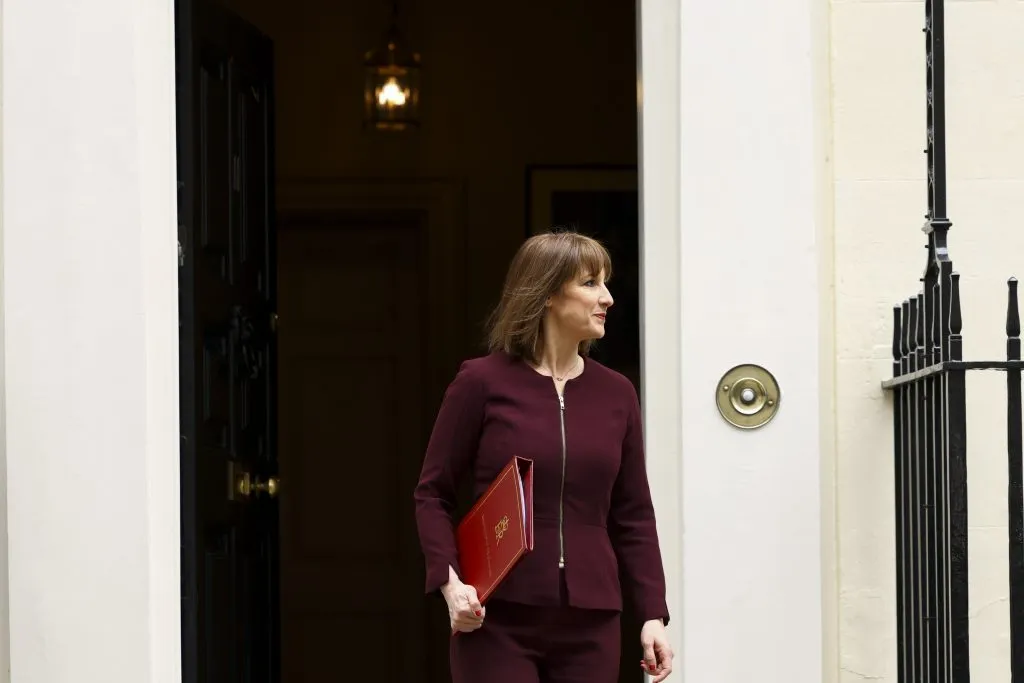
The Financial Conduct Authority (FCA) is getting tough on financial institutions that fail to take effective action on dirty money.
That is the clear message of the regulator’s first ever criminal prosecution, which recently resulted in NatWest being fined £264.8 million for anti-money laundering failures.
The court case marked a significant shift away from the FCA’s historical practice of imposing civil financial penalties, and serves as a warning to all financial institutions to clean up their systems to avoid exploitation by criminals.
The more robust approach being taken by the FCA comes amid growing concern about the way in which criminals are using professional services to launder money.
Mortgage fraud
This includes mortgage lenders, which are being increasingly targeted by organised criminals seeking to use mortgage fraud as a profitable and relatively low risk way of laundering money obtained through illegal activities such as drug dealing.
The pandemic has heralded a spike in fraudulent activity, with criminals taking advantage of lack of face-to-face contact during lockdowns and ineffective systems for identifying and investigating suspicious activity to submit online fake documents such as passports.
This resulted in the FCA writing to banks to remind them of their legal obligation to ensure their anti-money laundering (AML) procedures are compliant.
The importance of having effective measures to detect and prevent money laundering and other fraudulent activities was highlighted in a court case last month, in which two men were sentenced to a total of 33 years imprisonment for running a £70 million money laundering scheme, £10 million of which came from fraudulent Covid loans.
Review report
Later this year HM Treasury (HMT) will publish a full review report of evidence submitted in response to its call for evidence on the overall effectiveness of the UK’s anti-money laundering (AML) and counter-terrorist financing (CTF) regulatory and supervisory regimes.
The report, which HMT has committed to publish by 26 June, will hopefully be an opportunity for the government to show it is taking on board the findings of the Chatham House think tank in its recent publication ‘The UK’s Kleptocracy Problem’. This detailed how the UK has become a global money-laundering magnet, and called on the government to address systemic weaknesses in tackling organised crime.
Those systemic weaknesses had been highlighted months earlier as a result of the leaked Pandora Papers, which contained revelations about hidden wealth, tax avoidance and money laundering – including how more than 1,500 UK properties have been bought using offshore firms.
Given that the current UK AML regime is clearly ineffective at reducing money laundering, it is arguably time for the government to take a stance which ties in with the tougher stance of the FCA, and to make electronic verification mandatory for transactions such as property purchases.
Not only would this address the fact that we are now living in a digital age, it would also significantly reduce the risk of fraud and money laundering as screening of individuals would use credit checking and global sanctions lists.
It would also help to protect professionals – including those in the mortgage sector – from being duped by criminal gangs, and as a result facing the risk of financial penalties or even criminal action.
Martin Cheek is managing director of Smartsearch



